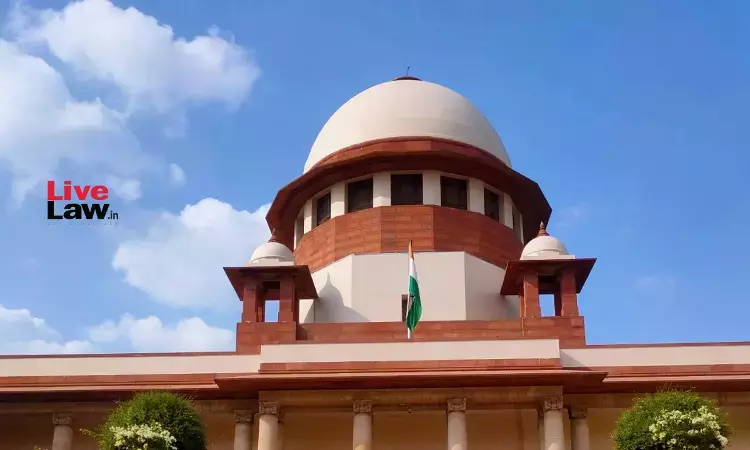Non Stamping Of An Agreement A Curable Defect, Only Makes A Document Inadmissible & Not Void: Supreme Court
Padmakshi Sharma
14 Dec 2023 9:05 AM IST

Next Story
14 Dec 2023 9:05 AM IST
On December 13, the Supreme Court ruled that arbitration clauses in unstamped or inadequately stamped agreements were enforceable. In doing so, the Court overruled the judgment rendered by a 5-judge bench in April this year in M/s. N.N. Global Mercantile Pvt. Ltd. v. M/s. Indo Unique Flame Ltd. And Ors which had by a 3:2 majority held that unstamped arbitration agreements are not...
